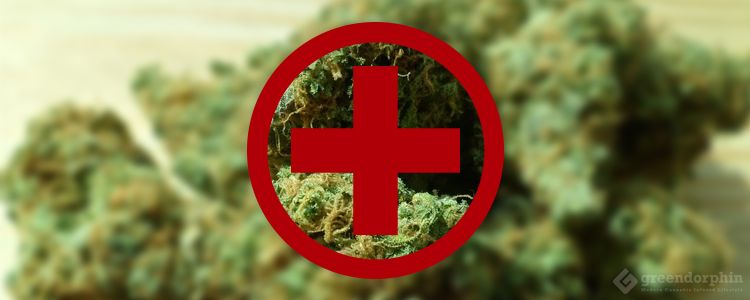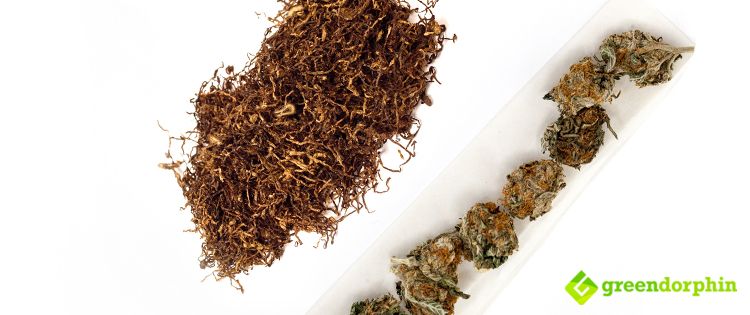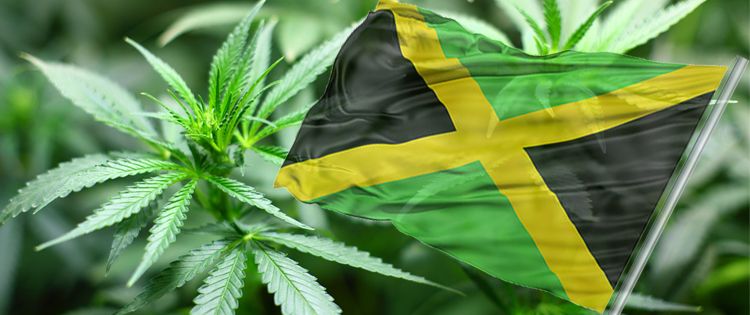Cannabis is called ‘ganja’ in Jamaica and has a long-standing tradition in the local culture.
Cannabis has been Jamaica’s identity and ganja is part of people’s life from as early as a poultice to protect the infant’s anterior fontanelle. Ganja is used as a healing tea for young kids and the sick.
The first smoke of ganja for young males is sort of a ceremony for stepping into manhood, often supervised by elder man or women.
Jamaicans have been using cannabis from early in life for generations and made perfect sense to conclude a study how it affects their culture and health.

Vera Rubin, Director of the Research Institute for the Study of man, teamed up with Lambros Comitas, a Columbia University Professor of Anthropology and forty-five other researchers from fields of medicine and social science to carry out a study on the cultural, physiological and psychological effects of long-term and chronic cannabis use.
The research was conducted between 1970 and 1972 and was dubbed as the Jamaica Study.
The participants in the study had been smoking cannabis from 6 to 31 years and their average age when they first smoked was at 12.
Neither of the authors was known to be a cannabis user or committed to cannabis use in any way.
The investigative research was sponsored by the National Institute of Mental Health unit, named Centre for Studies of Narcotic and Drug Abuse and the outcome of the study was published in a book in 1975, called ‘Ganja in Jamaica: A Medical Anthropological Study of Chronic Marijuana Use’.
The researchers were subject to legal limitations at the time, however, they conducted a very thorough study that was praised by the American Anthropological Association.

Just like every other proper scientific study to date (and since then), the Jamaican Study came to the conclusion that cannabis does not pose a risk and it is not addictive.
The scientists did not find any examples of overdose, physical dependency or even withdrawal symptoms.
They found that cannabis was supporting ‘rational, task-oriented behaviour’.
Cannabis is seen in Jamaica as the fortifier of health and the researchers could not find evidence to dispute that claim.
Another outcome that the study produced and since proved to be true was that cannabis may be able to offset some of the harmful effects of smoking tobacco when consumed together.

The researchers also drew the conclusion that physical risks are considerably less with cannabis use than the risk associated with alcohol use.
A big takeaway from the study was that cannabis abuse seems to be controlled by social norms. Excessive use of ganja could affect productivity and usefulness that are against the social norms of the working class.
The study made a valid point that informal social controls are more effective than legislative measures, that were already making things worse back then.
The Jamaican Study is another example of a decades-old study that proves the unmatched safety profile and effectiveness of cannabis.
We’d love to hear from you. Share your views in the comments below.
- How to Use Waxmaid Honey Pen? - April 9, 2024
- How To Choose The Best Electric Dab Rig For Christmas - December 7, 2023
- Maintenance Matters: Keeping Your Glass Water Bong in Pristine Condition - October 9, 2023


